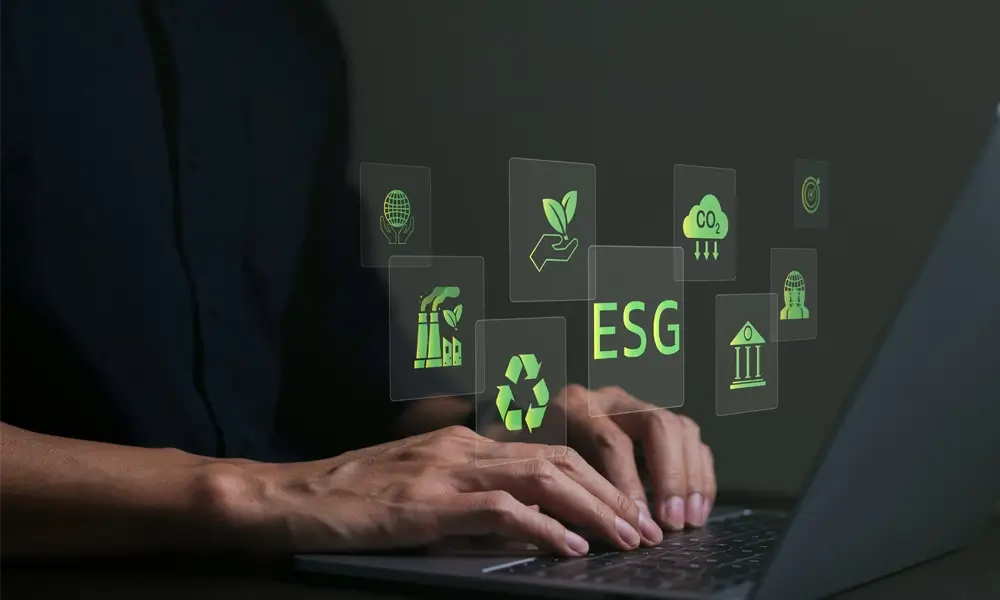With the progress of COVID-19 vaccination in 2021 and the consequent relaxation of prevention measures, the main countries are increasing their efforts to recover the economy and achieve growth this year. The International Monetary Fund (IMF) predicts that global economic performance will be positive at approximately 4.9% this year 2022, after registering an increase of 5.9% in 2021. The IMF's projection for the Brazilian economy in 2022, however, is more modest, with growth of 1.5% in Gross Domestic Product (GDP). Also according to the IMF, growth between countries will be uneven, since especially in the poorest countries, the percentage of the vaccinated population is still very low.
FGV-SP professor Paulo Gala stated in an article that inflation will remain high this year 2022, until at least the normalization of production chains. However, Brazil's main trading partners, the USA and China, are among the countries with the highest growth estimate in 2022, according to the IMF, a scenario that favors Brazil. All these uncertainties, added to the global impacts brought about by the pandemic, created one of the biggest ruptures for auditing in the history of the profession, especially for internal auditing, as risks increased in all facets of business operations.
Already the auditing independent is one of the most relevant processes within corporate governance guidelines. One of the main functions of auditing is to guarantee accuracy and compliance and the economic effects resulting from the crisis generated by the pandemic brought restrictions, both on the production and sale of products, whose impacts are already being reflected in the company's financial reports and financial statements. Within this context, there are also changes in regulatory standards, changes in deadlines, home office teams, and technological innovations, continuing the challenges faced by accounting and auditing. In addition, the constant updating of the professional must keep pace with the changes, whether following the regulatory authorities regarding adaptations in the technology, thus bringing out the importance of implementing auditing of contemporary technology, in order to conduct work with high quality and confidence. The tasks and functions of auditors are changing with the spread of business and digitization. The use of automation helps to auditing to process more data and focus on identifying risks, allowing for agility and quality of information.
Another major challenge from auditing For the coming years, external action will be taken together with company management to oversee the scope and quality of ESG and sustainability reports. The accountant also plays a role in sustainability actions, as it needs to be measured, reported, and guaranteed. The information from auditing can provide performance feedback, which guides management decisions about the future, making companies operate proactively, anticipating sustainability issues before they arise, and finding new business opportunities in this changing environment.
We are living in a changing society and challenges exist. But in times of crisis, opportunities also arise, and the professional of auditing needs to be versatile and with deep technical knowledge. Although the culture of auditing In Brazil it is still under development, it is remarkable that entrepreneurs not inserted in the mandatory context are slowly recognizing the value added by the process of auditing in their companies.
Contact TATICCA — ALLINIAL GLOBAL, which provides integrated auditing services, internal auditing, accounting, taxes, corporate finance, financial advisory, risk advisory, technology, business consulting and training, for more information, at www.taticca.com.br or e-mail taticca@taticca.com.br and learn more. Our company has certified methodologies for carrying out activities.





